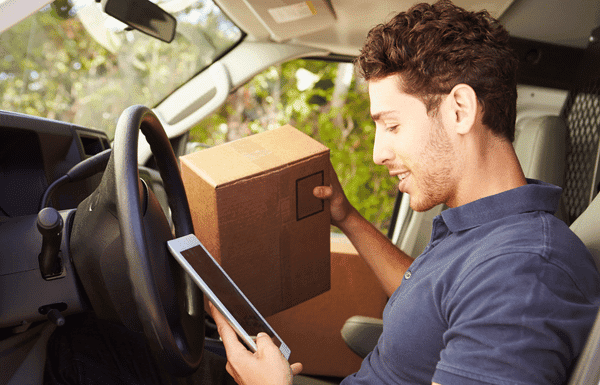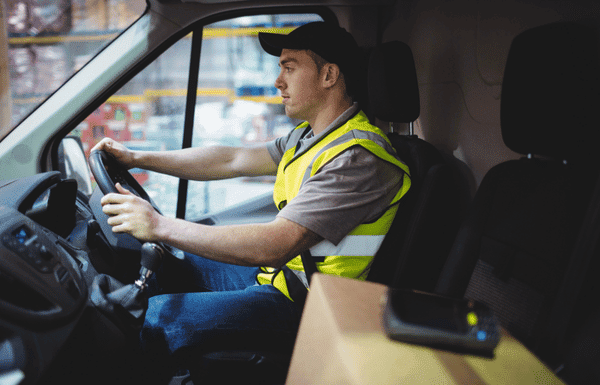Last-mile delivery, the final step in the delivery process from a distribution center to the customer’s doorstep, is evolving rapidly. As e-commerce continues to grow, this crucial part of logistics is set to experience significant changes. Here’s what drivers need to know about the future of last-mile delivery and how they can prepare for the upcoming trends and innovations in the industry.
1. Growing Demand for Faster Deliveries
Customer expectations are shifting toward faster, more efficient delivery options. Same-day or even one-hour delivery services are becoming the norm, driven by e-commerce giants and consumer demand. As a result, drivers need to adapt to shorter delivery windows and more dynamic routes. This shift will likely require drivers to be more flexible, familiar with advanced routing software, and comfortable navigating high-traffic areas quickly.
2. Increased Use of Electric Vehicles (EVs)
With sustainability becoming a priority, the adoption of electric vehicles (EVs) in last-mile delivery is set to rise. Many logistics companies are transitioning to EV fleets to reduce carbon footprints and meet government regulations on emissions. Drivers should prepare by familiarizing themselves with electric vehicles, including their handling, maintenance, and charging requirements. Training in eco-friendly driving practices will also be beneficial as the logistics industry moves toward greener solutions.
3. Automation and Technology Integration
Technology is at the forefront of last-mile delivery innovations. Automated vehicles, drones, and delivery robots are being tested and implemented in various urban settings. While this might seem like a threat to traditional driving roles, these technologies are more likely to work alongside human drivers than replace them entirely. Drivers can expect to use advanced logistics software, AI-based route planning, and digital communication tools to optimize their delivery routes and improve efficiency. Staying updated on these technological advancements is crucial for staying competitive in the job market.
4. Rise of Micro-Fulfillment Centers
To meet the growing demand for faster deliveries, many companies are establishing micro-fulfillment centers closer to customers. These smaller, strategically located warehouses enable quicker turnaround times for last-mile deliveries. Drivers will benefit from shorter routes and reduced transit times. However, this shift also means drivers need to be prepared for more frequent pickups from multiple locations throughout the day.

5. Focus on Customer Experience
Customer satisfaction is a key focus in last-mile delivery. As a driver, providing excellent customer service is more important than ever. This includes ensuring timely deliveries, maintaining a professional appearance, and handling customer concerns efficiently. Companies are increasingly using customer feedback to assess performance, and drivers who excel in customer service will be highly valued.
6. Flexibility in Employment Models
The gig economy has changed the employment landscape for delivery drivers. Many companies now offer flexible, on-demand driving opportunities to meet fluctuating delivery needs. Drivers can choose from full-time, part-time, or gig-based roles, depending on their preferences. This trend allows drivers to enjoy greater flexibility but also requires them to adapt to different employment models and terms.
Conclusion
The future of last-mile delivery is dynamic, driven by technological advancements, changing consumer expectations, and a focus on sustainability. Delivery drivers who stay informed about these trends, adapt to new technologies, and prioritize customer service will be well-positioned to thrive in this evolving sector. By embracing change and continuously upgrading their skills, drivers can secure a successful career in the logistics industry.



